
The Results of Dyslexia Diagnosis Depend on the Tests Used
HSE University researchers have found that complex phonological tests involving several cognitive processes predict dyslexia better than simple ones. This may happen due to the fact that Russian-speaking children with dyslexia generally do not have difficulties distinguishing speech sounds. However, it’s not enough to use only phonological tests to reliably diagnose the causes of reading disorders. The results of the study were published in the Journal of Speech, Language and Hearing Research.

Architectural Design Project of HSE Lyceum Wins Award at Build School 2022
The 6th international exhibition ‘Build School 2022’ has taken place in Moscow. It is a unique event dedicated to various aspects of design and equipment for educational spaces. The exhibition’s main theme—‘an inclusive educational space’—brought together the business programme and the Build School Project competition. The competition winners included a joint team of the HSE Design Lab and the HSE Lyceum, as well as HSE Art and Design School student Ksenia Nuzhdina.
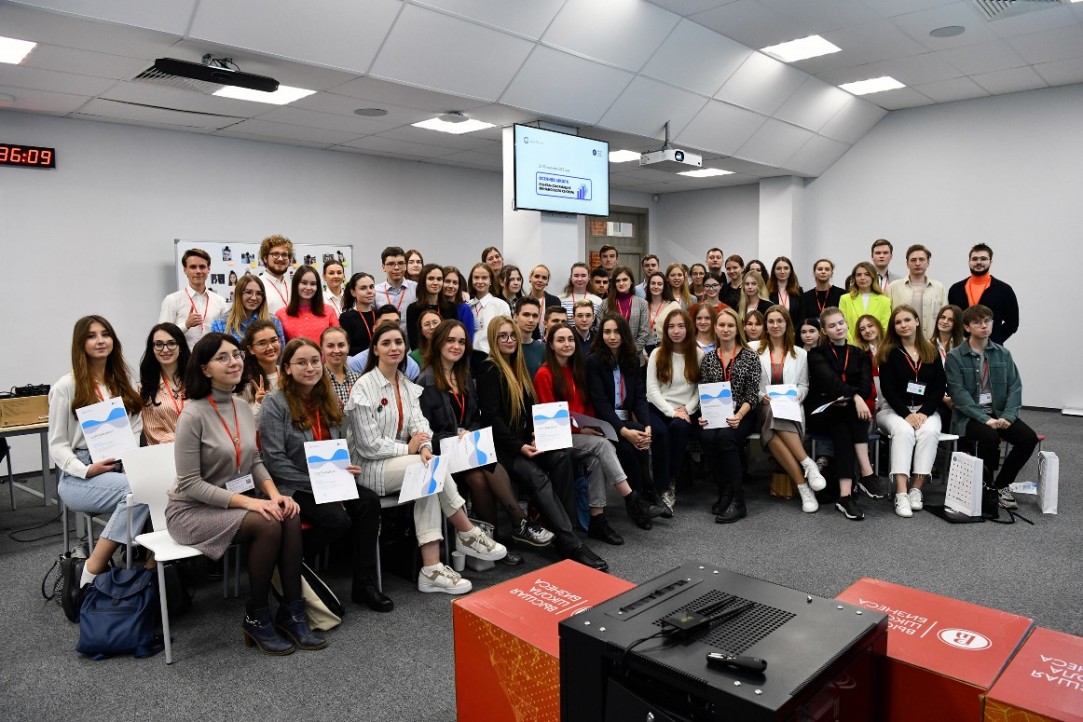
HSE University and Bank of Russia Hold First Russian School on Sustainable Development in Finance
The HSE University Graduate School of Business (GSB) has hosted the Autumn School in ESG Transformation of the Finance Sector. A total of 70 students from Russian universities passed the competitive selection process to take part. The four-day programme was devised and developed by the Central Bank of Russia. The speakers included top managers and regulatory specialists, as well as representatives of the Ministry of Economic Development of the Russian Federation, VTB, Sber, Sibur, Gazprombank, Rosatom, Nornikel, VEB.RF, Rusal, and experts from HSE University.

‘Research Skills Are for a Lifetime’
Having graduated from the bachelor’s and master’s programmes and enrolled in the HSE University PhD programme, Mikhail Zhemkov successfully combines practical tasks with research. As a department head in the Central Bank’s Monetary Department, he actively conducts research while making decisions that diretly affect the country’s economy. In this interview with Success Builder, Mr. Zhemkov explains how conversing with his fellow HSE University students helped his studies, what exactly macroeconomists study, and why the Central Bank has time for everything.
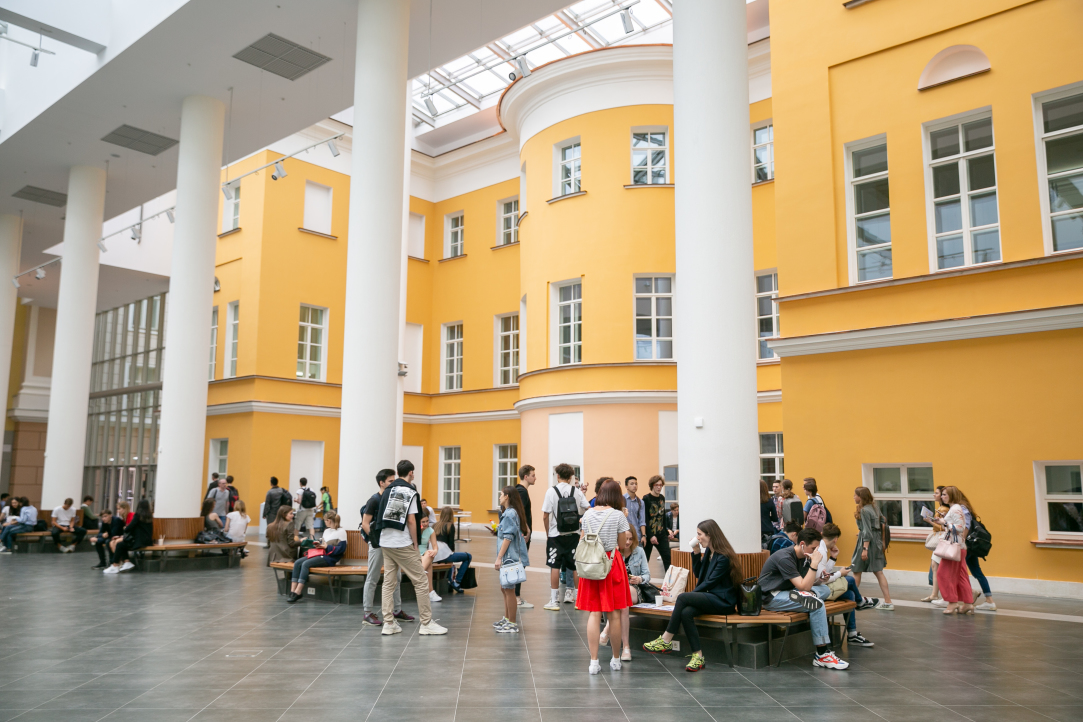
HSE University and National Media Group Sign Cooperation Agreement
HSE University and National Media Group—Russia’s largest private media holding—have agreed to jointly implement the Master’s in Media Management run by the university’s Institute of Media. The collaboration involves the joint development of courses for the Master’s programme and the provision of internships for students.

Bad Roads Reduce Trade Volumes by 18%
Economists from HSE University and the Vienna University of Economics and Business have figured out why, all else equal, trading goods across borders can be more expensive than trading the same goods within state borders. They argue that one of the reasons is underdeveloped infrastructure in border regions. Their study was published in the Journal of Urban Economics.
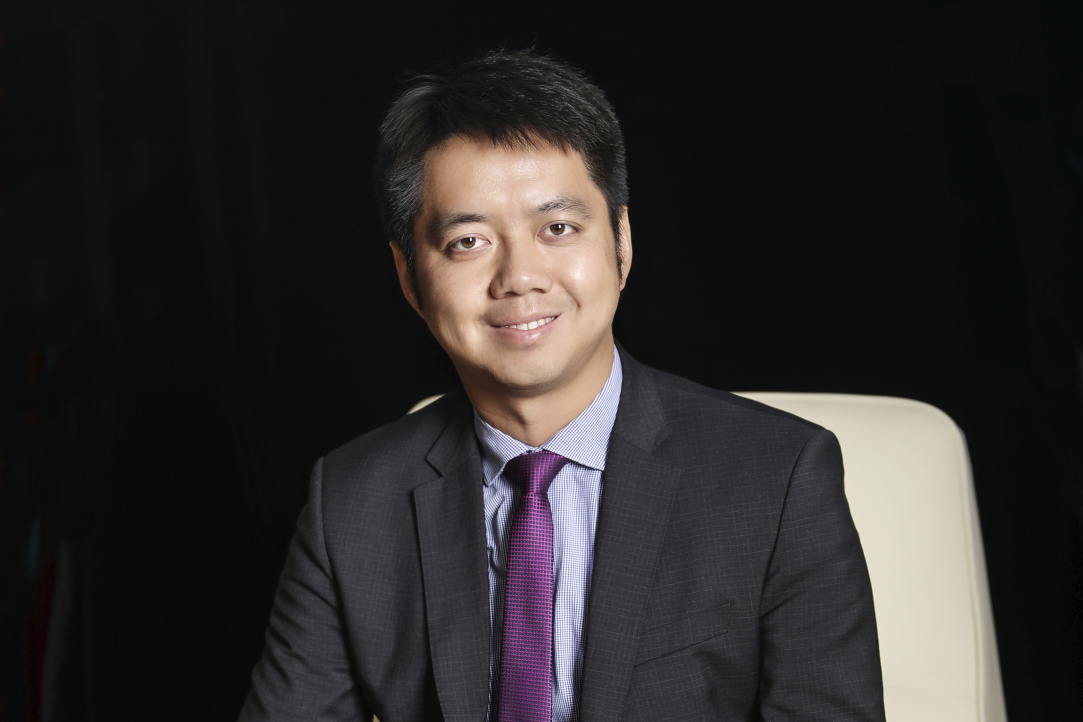
‘Economic Relations between China and Russia Are Based on the Principles of Mutual Respect’
On October 6, Dr Wang Wen, Executive Dean of Chongyang Institute for Financial Studies (RDCY) and Vice President of Silk Road School, Renmin University of China (RUC), will speak on 'China-Russia Cooperation: Opportunities and Challenges' at HSE University. In the run-up to the event, the HSE News Service talked to Dr Wang Wen about the current state of Sino-Russian economic relations.
.jpg)
Deadline for HSE INTO Extended
The registration deadline for the HSE International Olympiad has been extended until December 18, 2022. The competition will take place on January 16–29, 2023.
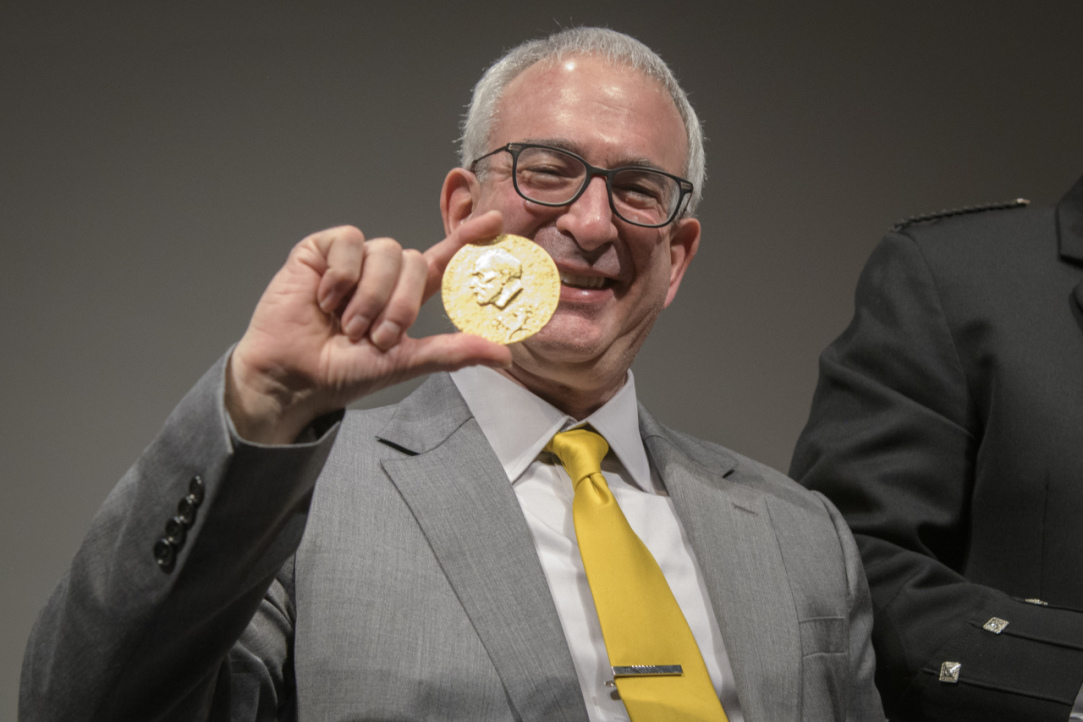
Annual Contest to Predict Nobel Prize Winners in Economics
The Faculty of Economic Sciences is holding a contest to predict the winners of the 2022 Nobel Memorial Prize in Economic Sciences. Participants can name up to three candidates, and whoever makes the most accurate prediction will receive a prize.
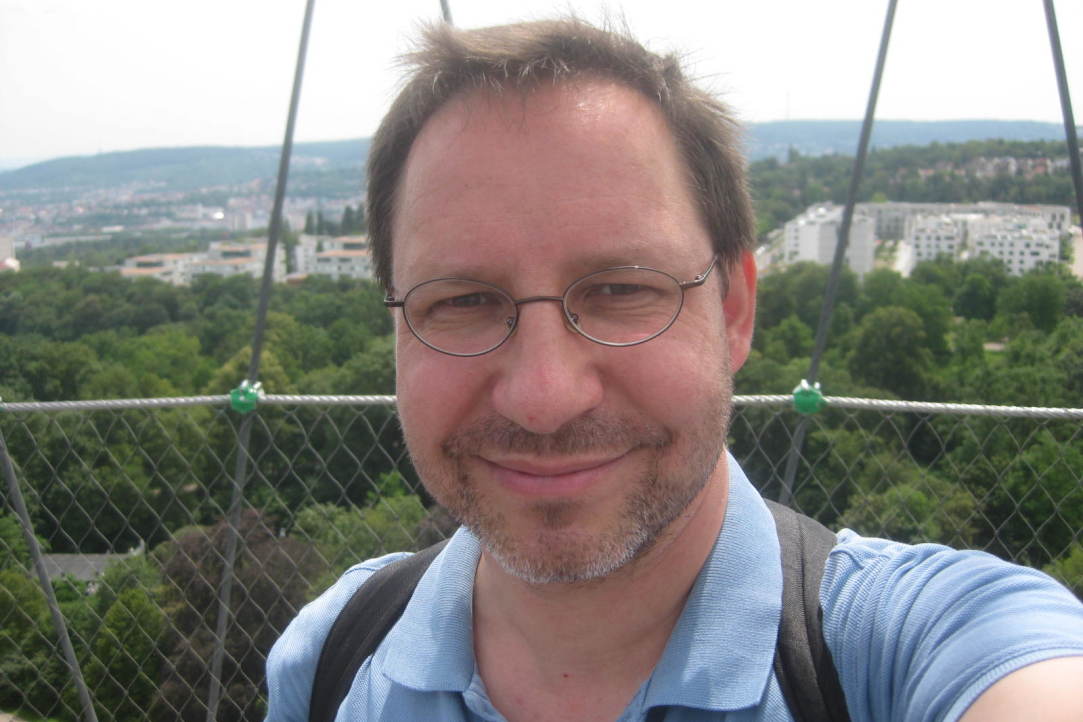
‘I Take Every Critical Comment Seriously and Try to Address It in My Future Teaching’
Every year, HSE University students and recent graduates vote for their Best Teachers. Among the winners of this year’s vote was Martin Beisswenger, Assistant Professor at the School of History at the HSE University Faculty of Humanities. In the latest in our series of interviews with this year’s Best Teachers, we spoke to Martin about the significance of winning the competition, building a balanced curriculum, and how to respond to criticism.

